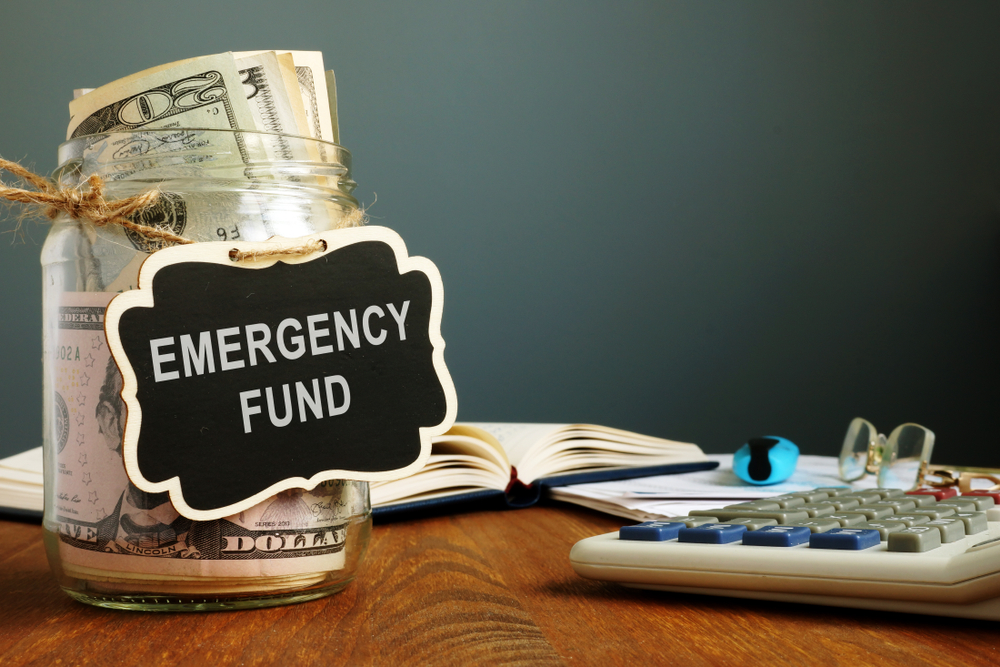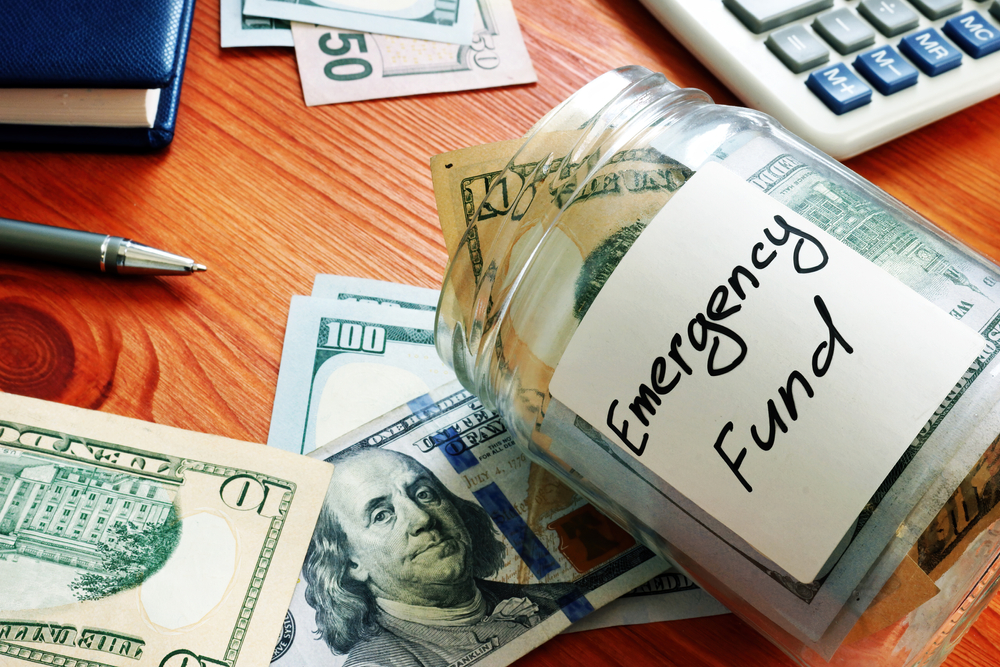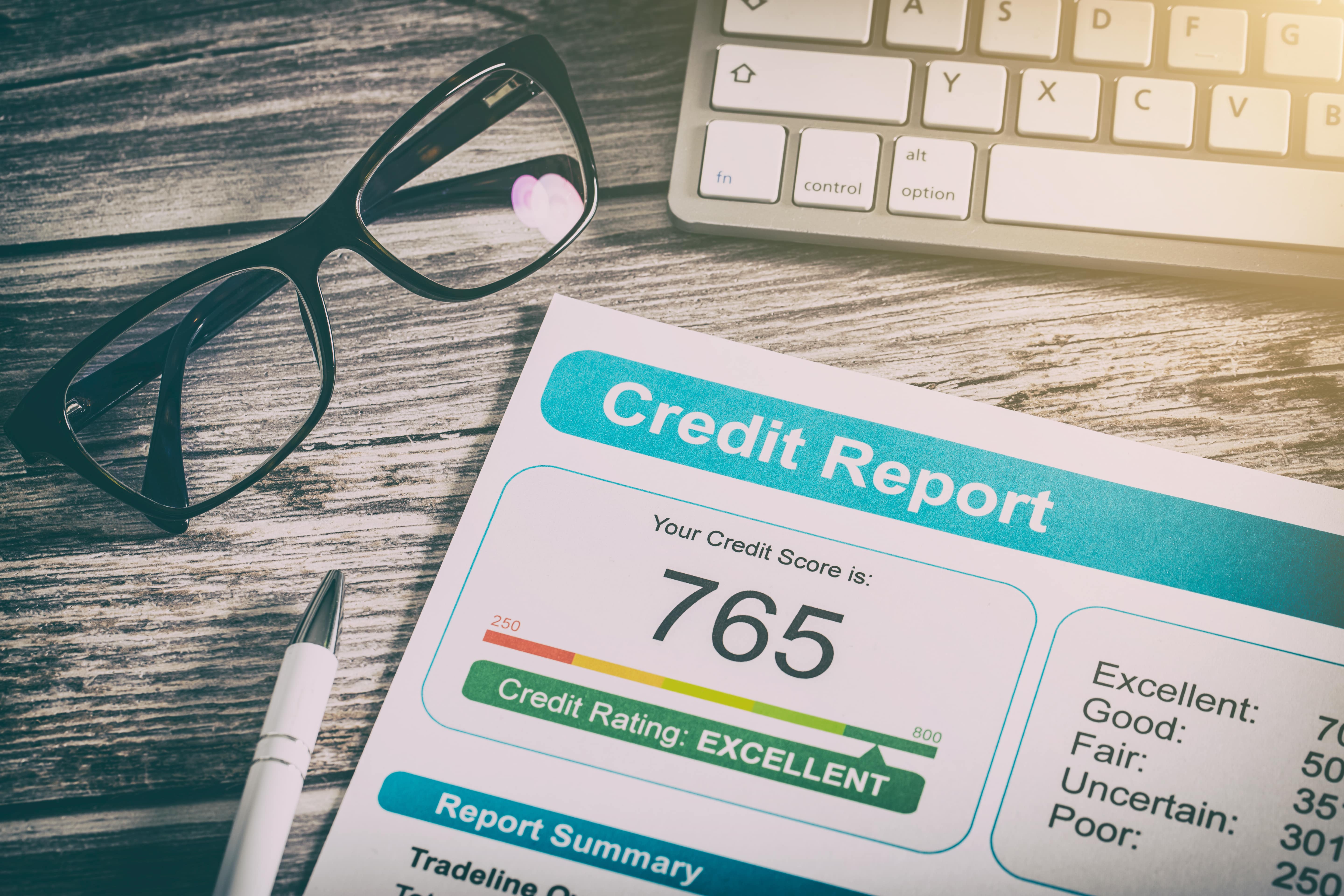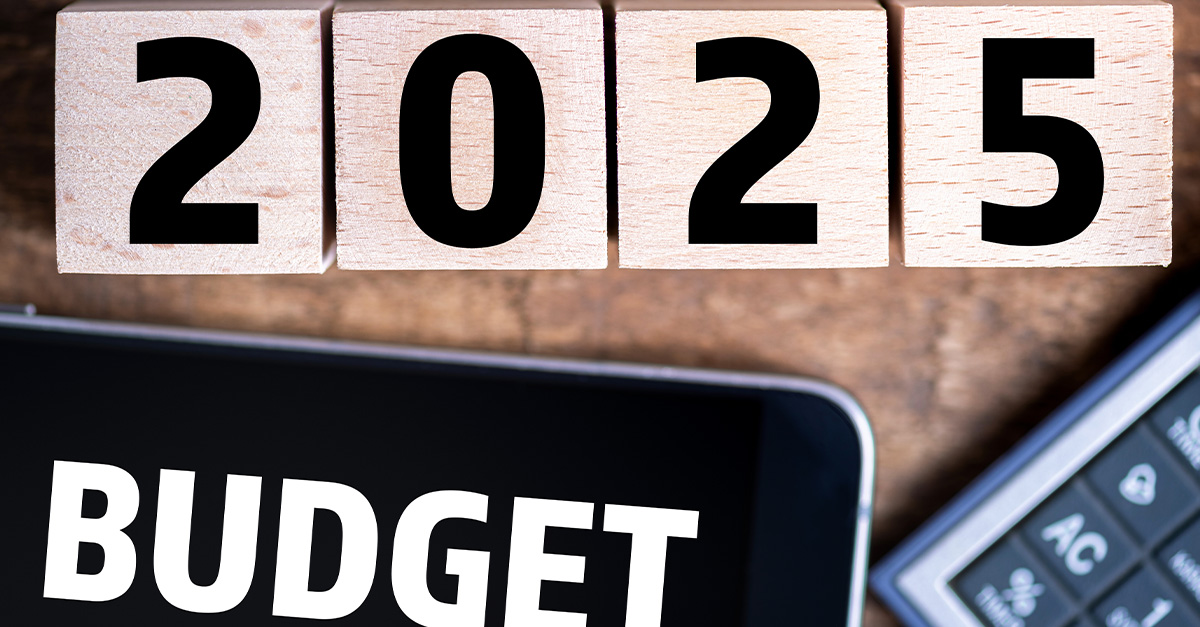Thinking About The Rest Of Your Life Is Important, Of Course
Your 20s are for fun, but your 30s are for being serious. This is probably the best way to approach money, so take a look at this list to figure out the best ways to secure your financial future.

Social Media
It’s not a big stretch to say that millennials and zoomers have an addiction to their phones. And we shouldn’t undersell how that can alter financial perceptions.
Social Media
Apps like Instagram are meant to give off the perfect impression of somebody’s lifestyle. It’s hard not to be jealous after browsing through someone’s slideshow from a recent vacation. That being said, we can’t let social media inspire us to make rash decisions. After all, that trip you’re jealous of might’ve been funded entirely through credit, which is never a good decision.
Social Media
So, put down the phone before you make an emotionally charged decision to overspend. Because if you save, you can have that vacation in the future without tanking your credit score.
Prioritize Paying Off Debt
Debt can be like a ball and chain. That’s why you sometimes have to prioritize it above most things—especially when it comes to credit card debt. After all, the interest can add up if you’re not careful.
Prioritize Paying Off Debt
Of course, debt comes in many places; just look at the United States’ student loan crisis. Politicians have even felt the need to step in and try to fix the problem so that future generations don’t feel doomed.
Prioritize Paying Off Debt
The dramatic image of a debt collector or loan shark coming to dangle you off a balcony is one that persists for a reason. So please, we ask of you, prioritize paying off your debt!
Overspending On Housing
This is the one that’s hardest to do, due to the inflated housing market of today across North America. But it’s still an important rule to follow, regardless, so you can save for your future.
Overspending On Housing
The average age of a homebuyer in Canada now is 36, and some worry it will increase further in the future. Yet at the same time, things always fluctuate, so don’t get too downbeat.
Overspending On Housing
Buying a house is an exciting prospect, but we can’t let that lead us to making rash financial decisions. Make the hard call about whether buying that house now will prevent you from still saving enough for your retirement fund.
Overspending On Housing
The same goes not just for a house but for whatever fancy new condo catches your eye. Ask yourself if it’s actually providing you with any more space, because that isn’t always the case, despite fancy presentation.
Save Now
You probably want to start thinking about retirement. So start saving now or regret it later, because you don’t want to still be working at age 70.
Save Now
We’re aware it’s difficult to start saving when you’re getting your first entry-level job after college, but it doesn’t hurt to start small. Tuck away just five-, 10-, or 20-dollar bills, for example, and you can feel good about starting at least.
Save Now
Again, if you’re intimidated, think about it like making plans for plans. You can strategize on how to save at a greater rate once you’re in a more financially comfortable state.
Save Now
You should also start talking to elders in your family about the concept of retirement. They’ll give you plenty of pointers on how and when to save for that ultimate end goal.
High-Interest Debt
Living in an age where the banks, particularly the Canadian ones, love to raise interest rates to supposedly combat inflation, it’s best to be careful. After all, brace yourself for them going up and down over the next couple of years.
High-Interest Debt
Interest rates are most pertinent to our line of credit, of course. Your minimum payment can shoot straight up depending on the whims of the big banks.
High-Interest Debt
So again, make sure to prioritize the debts that can accumulate fast. This doesn’t just apply to credit card payments but also loans, which people often need to start a business or pay for a house.
High-Interest Debt
The best method is to make a ranked list of what debts have the highest interest rates. From there, begin to make your strategy for what to prioritize for the payoff.
The Plan
There are a lot of apps dedicated to savings for a reason. After all, you’ve got to be conscious every step of the way about your money. To start, set goals for the things you want and also will likely need. Work there to set the plans for how you’ll achieve them.
The Plan
We mention the apps, but don’t forget how important the human touch can be in doing this. A financial advisor or account is vital for dealing with certain levels of money.
The Plan
Admittedly, be careful when choosing your financial advisor, as some can have nefarious intentions. But there are plenty of resources for which to vet potential advisors.
Emergency Fund
It’s smart to create an emergency fund, as it’s often said that problems never spring on us when it’s convenient. And who knows what kind of medical or employment emergency it could be.
 Vitalii Vodolazskyi, Shutterstock
Vitalii Vodolazskyi, Shutterstock
Emergency Fund
Set aside a bit each month for it, at a rate you’re comfortable with. Even though it’s not fun, perhaps imagine worst-case scenarios and how much they’ll cost.
Emergency Fund
Admittedly, when you’re already saving for retirement or a house, it can be hard to swallow the concept of another piggy bank to put money into. That being said, you likely won’t regret it.
Emergency Fund
There may even be anxious people who feel it’s better to save for an emergency than retirement or a house. That’s on them to decide, but if you’ve comfortably saved enough, you can put it back into other things.
 Vitalii Vodolazskyi, Shutterstock
Vitalii Vodolazskyi, Shutterstock
Spending More Than You Earn
This one may go without saying, but be very conscious about spending. If you got a bonus or a raise recently, you might feel like a top dog, but consider how much you actually have.
Spending More Than You Earn
The fundamental issue is always what you want versus what you need. The former emotion is strong enough to sometimes make us not act—or spend—rationally.
Spending More Than You Earn
This goes hand in hand with saving, but there’s an extra level of consciousness we need to have. Don’t think about the status achieved by a job, but the specifics of what you make money-wise from it.
Spending More Than You Earn
This level of saving is about being practical and keeping a solid perspective on things. Conceive your ideal budget and go from there, making pragmatic, but not punishing, steps to achieve it.
Freelancing
Something more important than we think is having multiple streams of revenue. That doesn’t mean you have to work 80 hours a week, but it helps not to relegate all your free time to sleeping in.
Freelancing
Having a side hustle, even a minor one, always helps. That can be anything from freelance writing to your own small-time business.
Freelancing
Of course, make sure it isn’t something that gets in the way of your full-time job, but also do something you’re passionate about and that will make you happy. Otherwise, the side hustle will become pure drudgery.
Freelancing
Again, the reason for all of this is that life can hit you fast, and your job can be the victim of mass company layoffs. You’ll be glad you have that backup in store if it happens.
Credit Score
The credit score holds an unrelenting amount of influence in the current financial landscape. There’s a reason why there are multiple services like Equifax or TransUnion dedicated to monitoring it.
Credit Score
Your credit score, after all, plays a role in being approved for loans, mortgages, or leases. Even some potential job applications will ask for your credit score.
Credit Score
Getting and maintaining a good credit score isn’t necessarily that hard. For one, you can instantly have great credit if you just never use your card, period.
Credit Score
But, if you want to bust out the credit card every once in a while, if you want to still have a good score, just pay off the full monthly balance instead of the minimum payment. That might be hard, too, but at least consistently pay above the minimum, and it will reward you down the line.
You May Also Like:
Money-Saving "Tricks" That Actually End Up Costing You Money
These Money Mistakes In Your 50s Could Prevent You From Retiring
Things Baby Boomers Still Spend Money On—That Millennials Don't










































